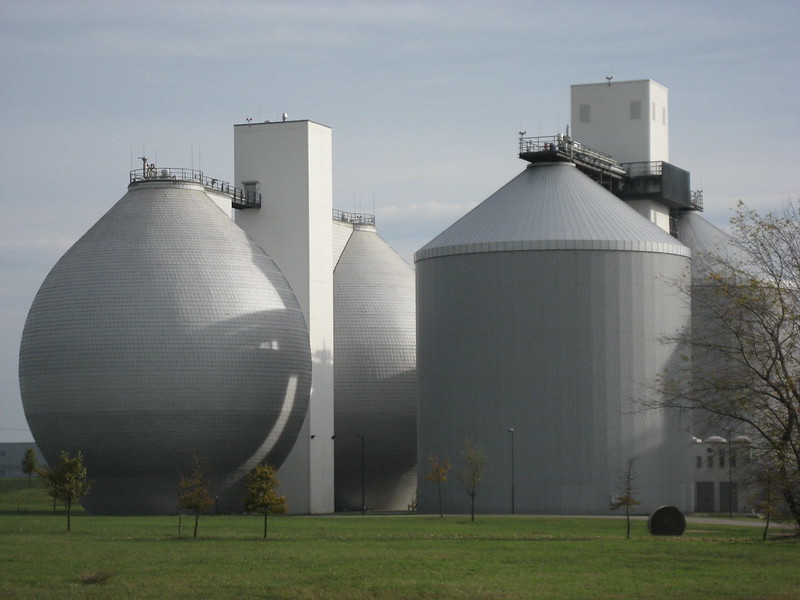This page contains automatically translated content.
Heating with wastewater heat from sewage treatment plants
 Image: Jörg Kantel.
Image: Jörg Kantel.Heating networks, which supply buildings with heating and hot water, have played an important role to date, particularly in densely populated urban areas, and are set to be expanded even further in the future. However, the heat supply of these networks is currently still largely based on fossil fuels such as oil and natural gas. When switching to heat from renewable sources, heat from wastewater from sewage treatment plants could also be used in the future. This has now been shown by a study carried out by the University of Kassel on behalf of the LEA LandesEnergieAgentur Hessen (LEA Hessen).
As part of the study, the wastewater heat potential of 187 wastewater treatment plants in Hesse was determined. The values are based on extensive measurement data from wastewater treatment plants and standardized annual profiles. The result: using heat pumps, around 4,000 GWh of heat could be recovered from Hessian wastewater treatment plants every year. This corresponds to around 5 to 6 % of building-related heat consumption in Hesse. It was assumed that the heat is fed into district heating networks at temperatures of 70 to 80 °C and covers a proportion of the respective heat consumption. Seasonal factors were taken into account when designing the heating networks. The economic efficiency of wastewater heat utilization varies depending on the location and size of the wastewater treatment plant.
A particular advantage of wastewater heat lies in its year-round availability: even in winter, the wastewater usually has temperatures above 10 °C. Additional heat sources, for example from river heat pumps, solar thermal systems and the recycling of waste and residual materials, can usefully supplement wastewater heat from sewage treatment plants.
Integration into the Hesse heat atlas
The newly determined potential data has now been integrated into the Hesse Heat Atlas. This digital map application developed by the LEA Hessen on behalf of the Hessian Ministry of Economics shows the heat demand in Hesse and localizes waste heat sources such as industrial waste heat and now also wastewater heat potential from sewage treatment plants.
"The results of the study make it clear that wastewater heat represents a previously underestimated potential for the heat transition. By integrating this data into the heat atlas, we are providing local authorities with an important planning basis for establishing sustainable heating networks," explains Dr. Karsten McGovern, Managing Director of LEA Hessen. "In this way, we help local authorities to show their citizens good solutions for a future-proof heat supply."
The Hesse Heating Atlas supports local authorities in municipal heating planning and identifies suitable areas for heating networks. For this valuable digital support service, it was awarded first place in the category "Sustainability through digitalization and in IT" at the 23rd eGovernment competition in 2024.
Link to the study: https://www.lea-hessen.de/mediathek/publikationen/4366
Background:
Several professorships at the University of Kassel are working closely together to tap into new potential for the heat transition. Among them: Prof. Dr. Ulrike Jordan (Thermal Systems Engineering), Prof. Dr. David Laner (Resource Management and Waste Technology), Prof. Dr. Tobias Morck (Urban Water Management), Prof. Dr. Stephan Theobald (Hydraulic Engineering and Water Management) and Prof. Dr. Klaus Vajen (Solar and Systems Engineering).
---
A joint press release with the State Energy Agency of Hesse.
Press contact:
Sebastian Mense
University of Kassel
Communication and Marketing
Phone: +49 561 804-1961
E-mail: presse[at]uni-kassel[dot]de
www.uni-kassel.de